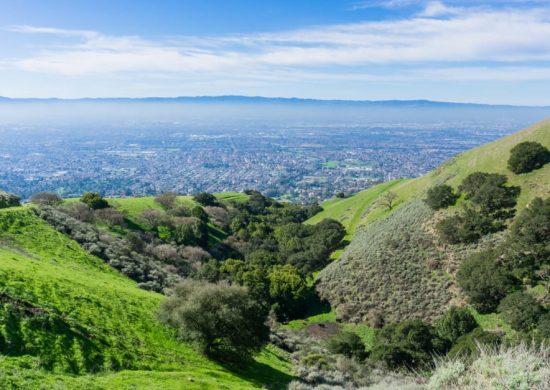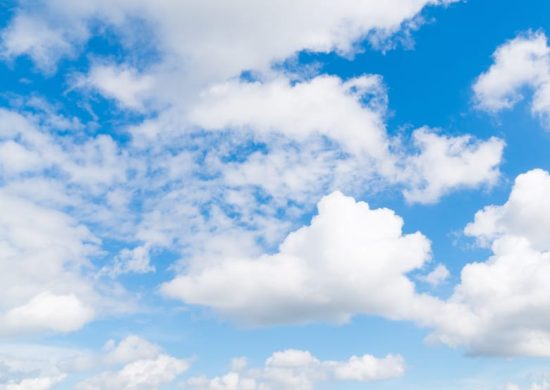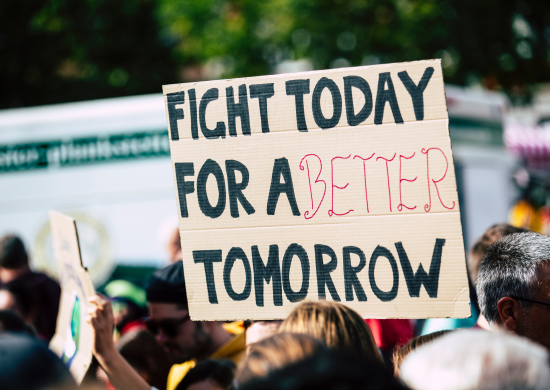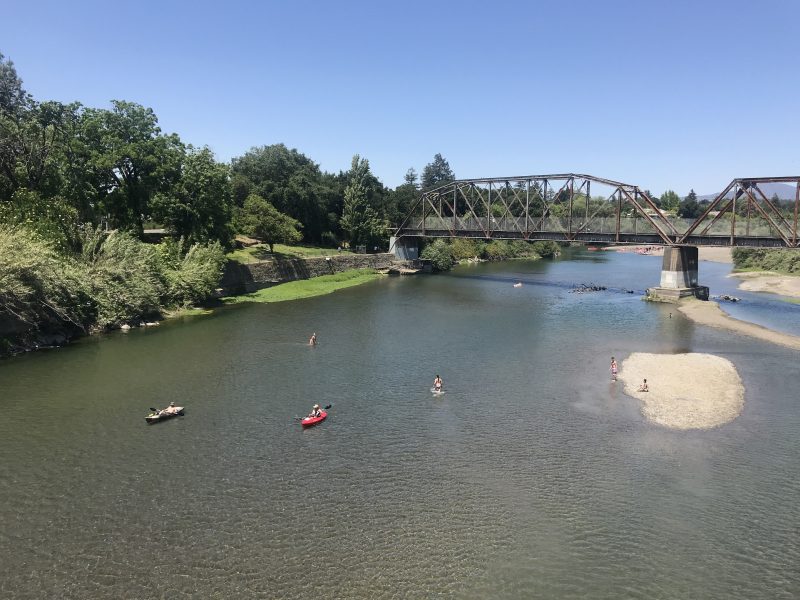
In contrast to the ominous “winter is coming” warning from the epic Game of Thrones series, the approach of summer usually prompts a happy thought. For me, summer has always been the season where the promise of Pisces Foundation’s vision of people and nature are thriving together is most evident because I think about getting to enjoy time outside in and around a healthy, flowing river. But in recent years, I have come to associate warmer weather with toxic algal outbreaks season.
This means that a thick coat of sticky, soupy algae will coat reservoirs, rivers, bays, and lakes across the country – the same waters where we fish, swim, and draw drinking water. When manure or fertilizer runs off industrial farms and into nearby waters, it sends a surge of nitrogen, phosphorous, and other pollutants into waterways. These polluted flows combined with warmer temperatures can trigger the growth of toxic algae in often unnaturally blue or green hues.
Toxic algal outbreaks expose people to toxins from fish they catch and eat, from water they drink or swim in, and from the air they breathe. Some studies suggest that health impacts from toxic algae could be more than short-term nausea or dizziness. Scientists have linked toxic algae to longer-term illness and serious diseases like Parkinson’s and Alzheimer’s. The fact that people can get sick—or are afraid of getting sick—from enjoying the nearby river, bay, or lake or from using the water from a local reservoir has serious implications for families and local economies across the country.
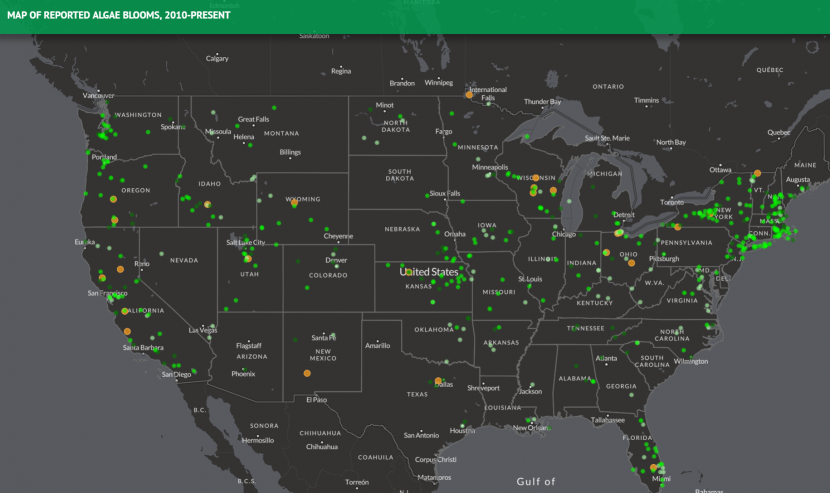
But this blue-green problem has a silver lining: we can see it and we can solve it. Toxic algal outbreaks or “blooms” make insidious forms of pollution visible. And we have the policy and legal tools to stop the flow of pollution to our waters. Partners from across the country and political spectrum are using modern technologies to make the pollution visible not only to impacted communities, but to decision-makers who can take action.
Republican Congressman Brian Mast from Florida launched a digital platform to crowdsource images and information about toxic algae in his district in real time to make the case for toxic algae action in Washington, D.C. Environmental Working Group is using remote sensing to trace pollution flows to Lake Eerie upstream to animal feeding operations.
The health dangers and economic impacts have made the issue a priority for virtually everyone in affected communities: recreational outfitters, sportfishing clubs, boat captains, anglers, realtors, insurance industry, and public health organizations. This in turn, is creating a new impetus for coordinated action from funders and organizations across the country.
Pisces Foundation recently helped to convene toxic algal outbreaks strategy sessions at the Environmental Grantmakers Association meeting in Washington, D.C. and at the Johnson Foundation Winsgspread Facility in Racine, Wisconsin. Environmental and health funders gathered with leaders in D.C. who described a wide array of readily deployed solutions, including monitoring and technology, mapping, education and outreach to protect the public, and legislation, litigation, and other advocacy strategies. A few weeks later in Racine, 25 organizations and funders from across the country began to develop a plan to incorporate various strategies into one cohesive effort that will knit together efforts underway.
These meetings illuminated not only the threats that toxic algae pose, but also the opportunity these outbreaks present; pollution you can see, smell and trace that has the potential to energize public engagement and action to address the root causes.
As climate change creates warmer conditions and extreme weather events, outbreaks are becoming more severe and occurring in more places. In 2017, there were 169 outbreaks reported in 40 out of 50 states. We don’t know exactly when and where outbreaks will occur, but we know they will occur. This summer, we will see toxic algal outbreaks across the Midwest, Great Lakes, Chesapeake Bay, and other regions. There could be days when it will be unsafe to take my dog and baby to swim in the nearby Russian River.
Summer is coming. I hope we will greet it as a season for action and change. Partners and funders from across the country can work together to educate and activate our communities, and to bring even more folks to the table to work toward summers and all seasons, where people and nature are thriving together.

